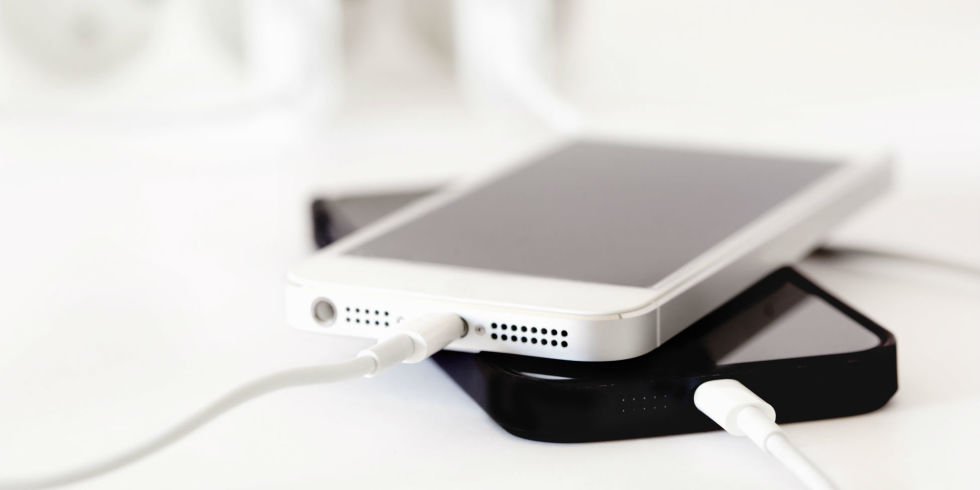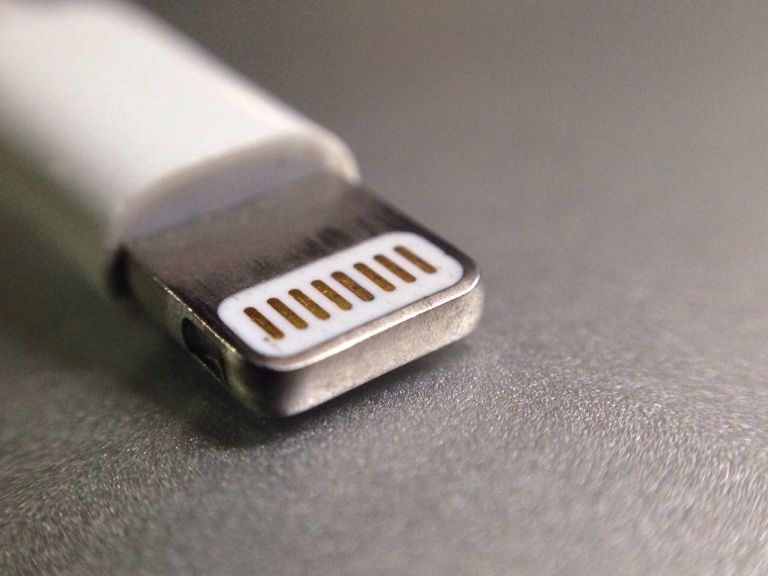
“Don’t charge your phone overnight.”
“Using the internet on your phone will kill the battery.”
“I can only use the charger meant for my phone.”
There are certain quips made about smartphones that repeat so often that the majority of people have come to accept them as truth. People frequently exchange tips about helping a smartphone battery to last as long as possible, but how accurate are these go-to tidbits of advice?
As technology has improved, some of these classic tricks may not be as foolproof as we once thought, so here’s a lineup of what battery tips you should follow and which can be left behind.
1) “Closing apps improves battery life”
Nowadays, it’s probably your natural instinct to swipe away Instagram or Facebook once you’re done using the app on your phone. It’s age-old advice to close any phone apps once you’ve finished using them, but this may not help your battery life on either an iPhone or Android as much as you think.
When you leave an iOS app, it freezes, needing no resources, which includes the phone’s battery. “By closing the app, you take the app out of the phone’s RAM,” said former Genius Bar technician Scotty Loveless. “When you open that same app again the next time you need it, your device has to load it back into memory all over again. All of that loading and unloading puts more stress on your device than just leaving it alone.”
Closing apps on an Android device are no better. While Android often has task killers available (apps from which you can force other apps to quit), these systems run with the idea that freeing up the phone’s memory is a good thing. Killing so many apps has the possibility of worsening the phone’s battery life because it requires the use of CPU cycles, which slow down devices. Continuing to interfere with functions through a task killer can also lead to apps closing without warning and text messages not arriving at all.

As a solution, you can instead turn off features that drain the phone’s battery, such as app notifications and background data (find “Background App Refresh” on an iPhone and “Restrict background data” on an Android to turn this off).
2) “Use ‘official’ chargers with your phone”
Everyone has been in that situation when someone needs to borrow a phone charger but will only accept the model specifically made for his or her phone. While smartphone manuals suggest only using the right kind of charger, using a different charger in an emergency situation is far from being the worst thing to happen.
Because modern USB chargers are standardized, users will find different charge times as a result of different chargers. While an off-brand charger may take longer to charge your iPhone, using one doesn’t affect the battery life. Current smartphone batteries are high-tech enough only to use the maximum amount of power and avoid overheating. As long as your charger provides the correct current, your phone should be unaffected. Of course, there is a major difference between off-brand chargers and knockoffs, which often supply more or less power than they should. Look for details like a missing or misspelled brand name or an incorrect product weight to determine if what you have is, indeed, a counterfeit charger.
3) “Charging your phone overnight destroys the battery life”
It may be tempting to leave your phone plugged in all the time because of how quickly batteries can drain, but many are often advised to avoid doing this. Older cell phones usually contained lithium-ion batteries, which could easily overheat and reduce its charge capacity if overcharged. Now, both chargers and phones are advanced enough to prevent overheating, according to Popular Mechanics.

“Leaving your phone or laptop plugged in all the time is not bad for its battery,” reads the article. “That’s because your gadgets, the batteries in them, and the chargers you attach them to are actually pretty smart about the way they do business. Trickle charge – what your battery gets when it’s connected and full – is way less detrimental to the battery’s health than a larger discharge would be.”
A smartphone works best when its battery stays between 40% and 80%, and this range also helps to extend the battery life. If the thought of keeping your phone at only 80% gets you squeamish, your phone will still get away unscathed if you charge it overnight. “All modern Li-ion rechargeable batteries have some sort of power management IC designed to prevent overcharging the battery,” said Andrew Goldberg, a technical writer for iFixit. “They’ll keep your phone battery topped off and ready to go throughout the night with a trickle charge at most.”
Because people rely on their phones for so much today, it makes sense that everyone only wants the best out of their battery life. However, it’s clear that you shouldn’t believe everything you hear about phone batteries, as they’re far more durable than initially perceived.
Source: Lifehacker, Popular Mechanics, TechRepublic, Solution Owl
Advertisement
Learn more about Electronic Products Magazine





